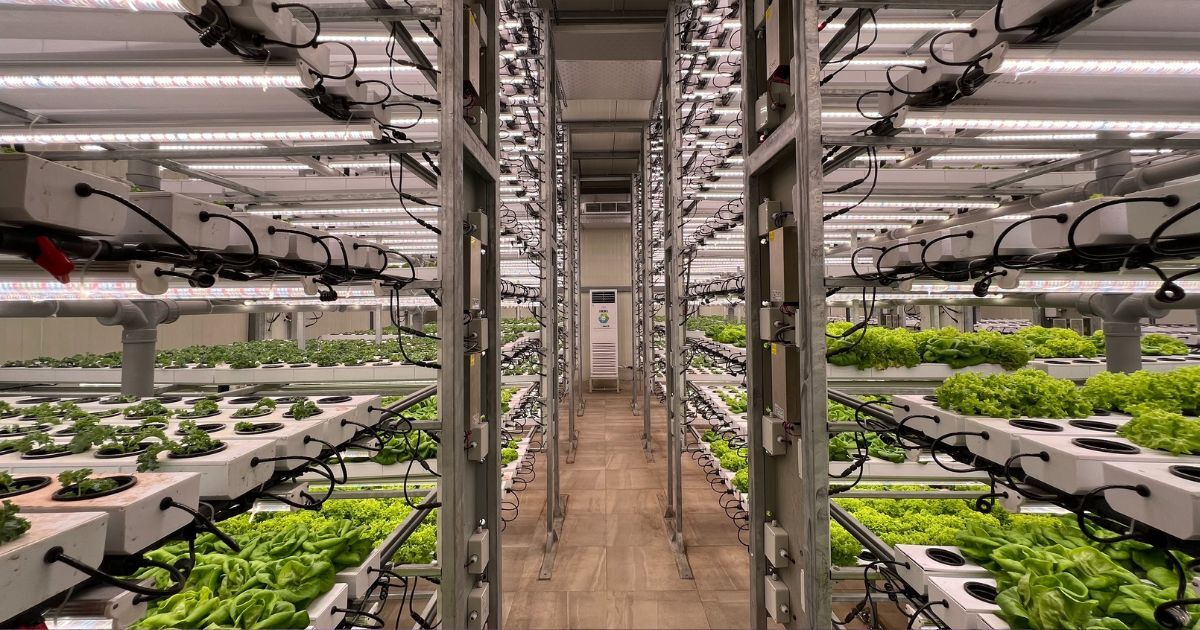Tracing the life cycle of sanitary masks, and develop a logistical model to recover them efficiently
Professors Lucas Hof and Tasseda Boukherroub were led to come together to study the recycling of sanitary masks as a result of the scientific and professional interests of a student under their supervision, as well as the unique context of the pandemic. They both have an interest in the concept of Industry 4.0, which aims to integrate digital design and virtual reality techniques into production lines.
The idea behind the project was to study the degree of deterioration of end-of-life products to determine what could be salvaged from them. The COVID-19 pandemic has provided the professors a veritable mother lode: sanitary masks, suddenly used in the millions and having a useful life measured in hours.“We want to trace the life cycle of these products, develop a logistical model to recover them efficiently and see how new technologies could contribute to the process,” explains Professor Boukherroub in the Systems Engineering Department. In the case of masks, for example, it is possible to transform used filters into polypropylene pellets, a material that is useful in multiple contexts.

The first part of the project, which began in January 2021, is the development of an intelligent process for the recovery of masks. Two companies are involved: one of them manufactures masks, the other has already developed a recovery plan, which has yet to show a profit. The student in charge of this aspect of the project, who received both a Mitacs grant and a supplement from ÉTS, has access to real data. as part of a 50-strong team this time!
The second part of the project, entrusted to a student who works for a company that manufactures masks, is the analysis of the life cycle of these masks with an eye toward minimizing their carbon footprint. This analysis will demonstrate the pros and cons of using local, Asian or Mexican suppliers.Complementary expertise
Lucas Hof is a professor in the Mechanical Engineering Department at ÉTS and is particularly interested in the use of non-traditional materials and the minimization of the environmental consequences of production. He is also a member of the Quebec COVID-Pandemic Network, whose members hail from academia, the health sector and public administrations.
Tasseda Boukherroub is a professor of Operations and Logistics Engineering. She has been involved in interdisciplinary projects since her graduate studies in France. “I had the opportunity to do an internship at Laval University, in Administrative Sciences,” she says. “I then applied my optimization model to the forestry industry.” Her previous work also led her to collaborate with the hospital community.This combination of interests and expertise lends itself easily to an interdisciplinary approach. “Our research areas are not that far apart,” says Hof. “We work on different aspects of industrial manufacturing.”
The benefits of interdisciplinarity
Professor Hof notes that interdisciplinary approaches to research are on the rise. The funding rules that foster such projects have a lot to do with it, of course. But the intrinsic attractions of interdisciplinarity are also undeniable. “I love it! I want to contribute to making the world a better place; doing so while learning from others is rewarding and stimulates creativity.”Furthermore, interdisciplinary projects get students’ attention. A beneficial trend, according to Hof. “I think, without having formal proof, that it will help them adapt to real-life conditions, both in business and in research. In engineering, there are never simple projects!
Not surprisingly, the study of the mask life cycle is just the first of many collaborations between Lucas Hof and Tasseda Boukherroub. During the Intelligent Cyber Value Chain Network project, funded by the Canada Foundation for Innovation and the Government of Quebec, their ideas will contribute to understanding and optimizing the operation of a geographically distributed factory... but
Chantal Crevier
Service des communications et du recrutement étudiant
514 396-8800, poste 7893


